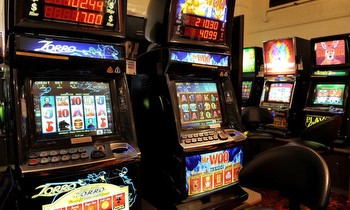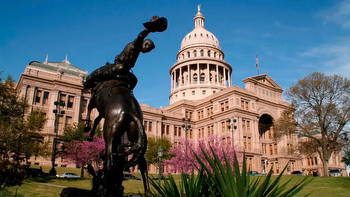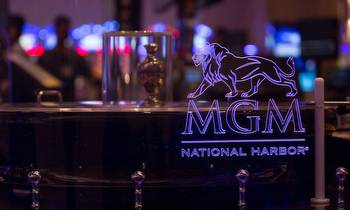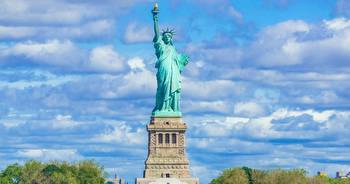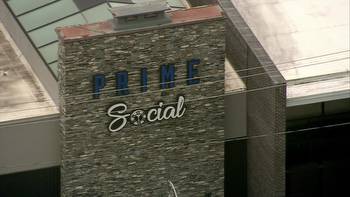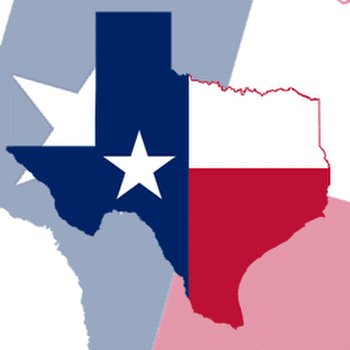Gambling in Texas: House considers profits and pitfalls
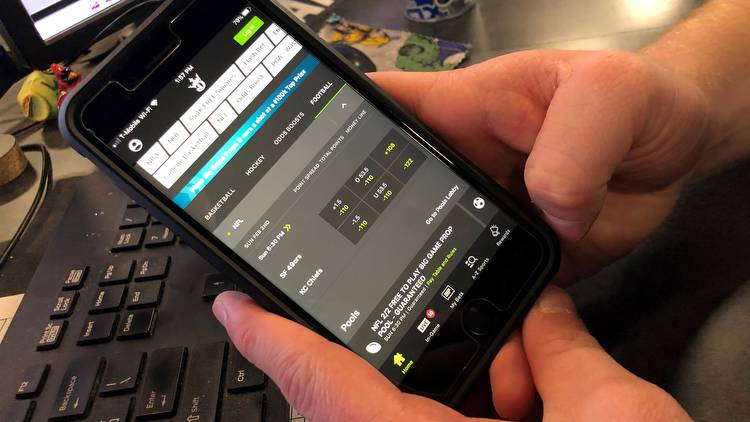
AUSTIN (Nexstar) — The Texas House Committee on State Affairs heard testimony on two bills which would legalize sports betting and casino gambling in Texas on Wednesday, fielding condemnations from concerned religious groups and eye-popping profit estimates from sportsbooks eager to cash in.
HB 1942 by Plano Republican Jeff Leach would allow online sports wagering websites to operate in Texas. His legislation is limited to online platforms and makes no provisions for “brick and mortar” sportsbooks.
“Wagering on sports is here, and it’s here to stay,” Rep. Leach testified to the committee. “It’s being done in the shadows with bookies and offshore accounts with no regulation.”
Major sportsbooks and franchises like the Houston Astros, Dallas Cowboys, San Antonio Spurs spoke in support of the bill. Each echoed the same argument: Texans are already gambling, but Texas is not getting their money.
PENN Entertainment, North America’s largest gaming operator, estimated Texans place more than $6 billion in illegal wagers every year.
“People go across the border, spend over $5 billion across the border, and none of that tax revenue is being captured here in the state of Texas,” PENN’s Senior Vice President for Public Affairs Eric Schippers said. “Legalize it, tax it, regulate it for the benefit of Texas.”
HB 2843 by John Kuempel (R-Seguin) would pave the way for bringing luxury, Las Vegas Strip-style casinos to Texas.
“The development of regulated casino gaming at a limited number of destination resorts in the state will benefit the general welfare of the people of this state by enhancing investment, economic development, and tourism in this state, resulting in thousands of new jobs and significant new revenue to the state for essential services,” the bill reads. The conduct of regulated casino gaming by adults of legal age in a limited number of destination resorts will not harm the welfare of this state.”
The bill would create the Texas Gaming Commission, which would regulate the new industry and administer a limited number of casino licenses for highly-professional “destination resorts.”
The Legislative Budget Board estimated the move would generate almost $400 million in tax revenue over the next two years.
Numerous critics condemned the bill, arguing it will put more Texans in danger of gambling addiction and heighten the risk of other crimes.
“The social costs outweigh the tax revenue,” Russ Coleman with Texans Against Gambling said. “It will destigmatize gambling, it will normalize it. And as a result, you’re going to have much, much more gambling and you’re going to have much more addictions.”
Proponents argued the bills will create safeguards and regulatory framework that will better prevent and treat problematic gambling practices.
In 2018, The U.S. Supreme Court struck down the Professional and Amateur Sports Protection Act, essentially delegating regulatory authority to the states. Since then, more than 30 states have legalized it.
Both bills were left pending in committee on Wednesday. Both would amend the Texas Constitution, so they face an especially difficult legislative climb. Texas constitutional amendments require two-thirds of both the House and Senate to pass, and then a majority vote from Texas voters.
If the bills pass the legislature, the proposals will appear on the November ballot.









